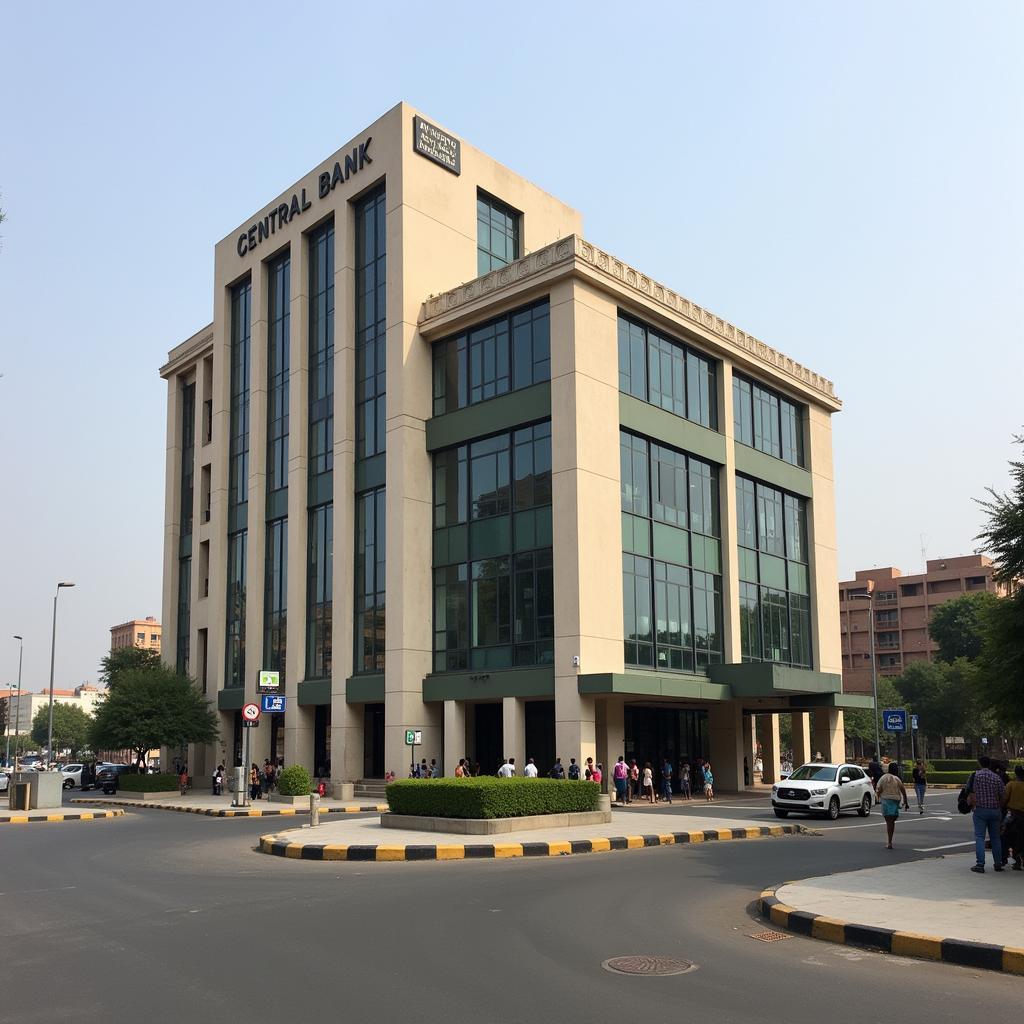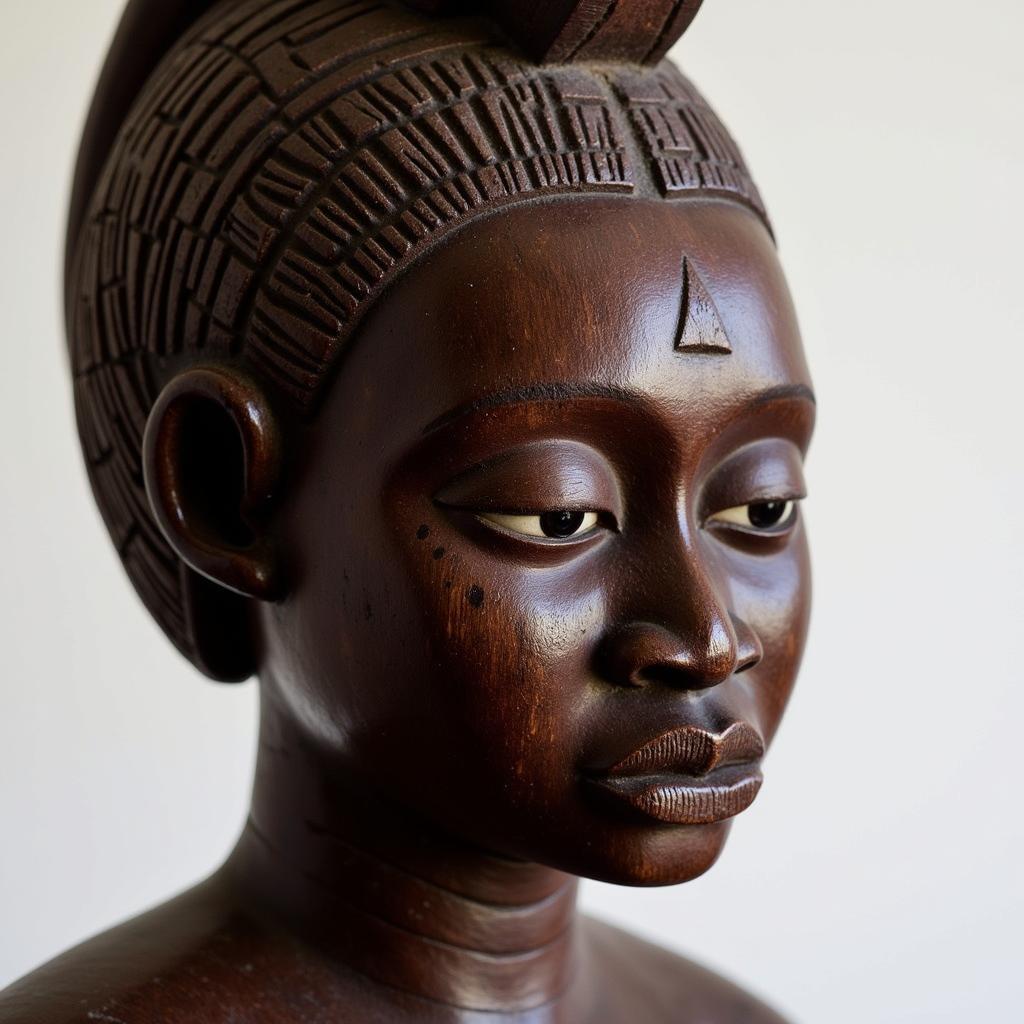African Currency to Dollar: A Comprehensive Guide
Navigating the diverse landscape of African currencies can be a journey of discovery in itself. Many people wonder, “How does African currency compare to the dollar?” This guide provides a detailed overview of currency conversions, economic factors, and practical tips for managing your money in Africa.
 African Currency Exchange
African Currency Exchange
Understanding African Currencies
Africa boasts a rich tapestry of currencies, each with its own history and value relative to the US dollar. While some countries peg their currencies to the dollar, others operate on floating exchange rates influenced by global market forces.
Factors Influencing Exchange Rates
Several factors contribute to the fluctuating values of African currencies against the dollar:
- Commodity Prices: Many African economies depend heavily on exports of natural resources. Fluctuations in global commodity prices directly impact currency values.
- Economic Performance: A strong and growing economy generally leads to a stronger currency.
- Political Stability: Political uncertainty can negatively affect investor confidence, leading to currency depreciation.
- Inflation Rates: Higher inflation in an African country compared to the US can result in a weaker local currency.
 African Central Bank Building
African Central Bank Building
Popular African Currencies and Their Dollar Equivalents
Here’s a glimpse at some widely used African currencies and their approximate USD values (as of October 26, 2023. Note that these rates are subject to change):
- South African Rand (ZAR): 1 USD = ~18.50 ZAR
- Egyptian Pound (EGP): 1 USD = ~30.90 EGP
- Nigerian Naira (NGN): 1 USD = ~780 NGN
- Moroccan Dirham (MAD): 1 USD = ~10.80 MAD
- Kenyan Shilling (KES): 1 USD = ~148 KES
It’s essential to remember that these are just a few examples, and numerous other currencies are used across the African continent.
Practical Tips for Currency Exchange in Africa
- Compare Rates: Exchange rates can vary significantly. Compare rates from banks, exchange bureaus, and even hotels to find the best deal.
- Avoid Airport Exchanges: Airports often offer less favorable rates. Exchange only a small amount at the airport for immediate needs.
- ATMs: ATMs are generally a convenient and secure way to withdraw local currency. Be mindful of any fees charged by your bank and the ATM provider.
- Credit Cards: While credit card acceptance is increasing in urban areas, cash remains king in many parts of Africa. Always carry some local currency.
Investing in African Currencies
For those interested in investment opportunities, some African currencies have shown potential for growth. However, it’s crucial to conduct thorough research, understand the associated risks, and consult with financial advisors before making any investment decisions.
Conclusion
Understanding how African currency compares to the dollar is essential for anyone traveling to, doing business in, or simply curious about the diverse economies of this vast continent. By staying informed about exchange rates, economic factors, and practical tips, you can navigate the world of African currencies with confidence.



